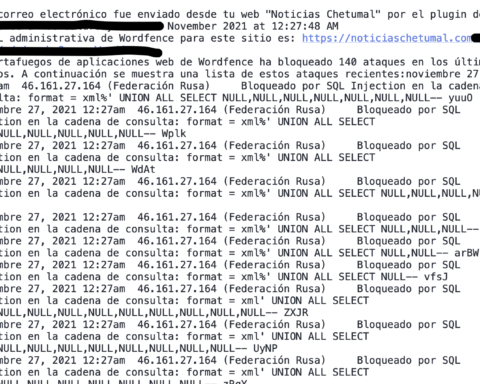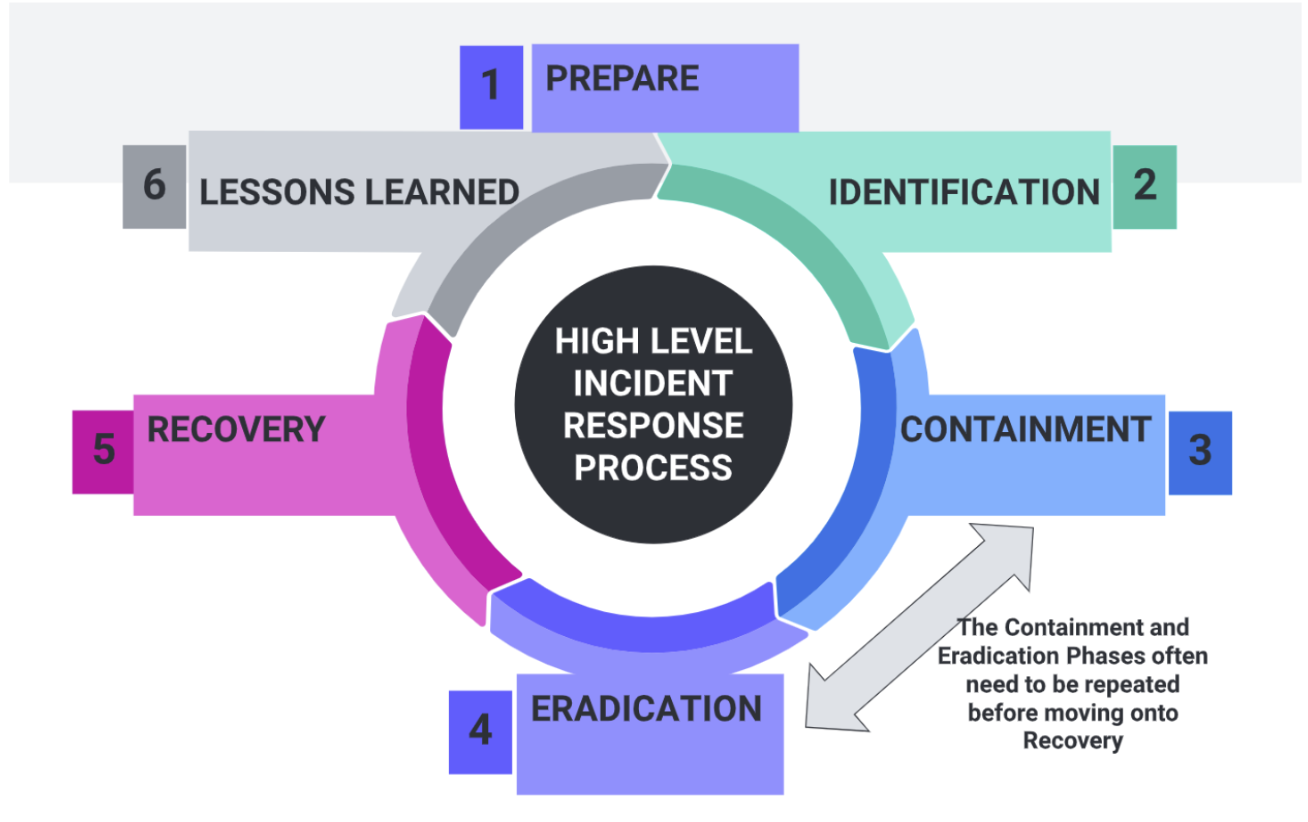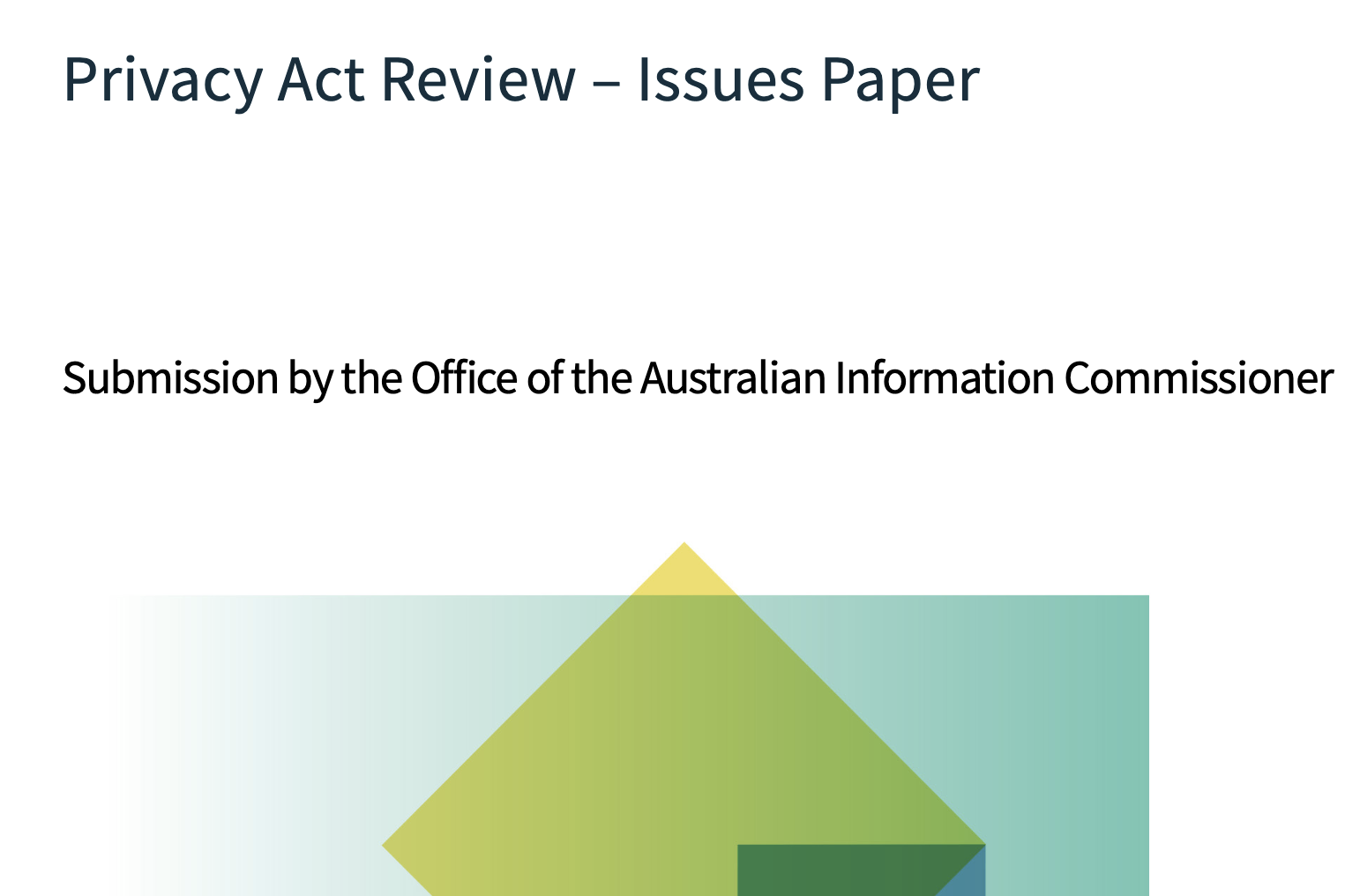Its been years since Google quietly dropped its infamous motto ‘Don’t Be Evil’ which encompassed the company’s spiritual ethos in its early years. Since then the tech behemoth has been involved in countless scandals from firing ethics leaders of its Artificial Intelligence department to currying favour with authoritarian regimes by auto-censoring one of history’s most iconic images on the Chinese version of its search engine: Tank Man.
Google has a long track record of doing what’s best for Google even if that means changing its name to Alphabet avoid anti-trust legislation. This tech monopoly which has a choke-hold over approximately 93% of search engine queries in the English language has even advised its workers to avoid using language suggesting it is indeed a monopoly, including taboo words such as market, barriers to entry, and network effects, according to leaked documents obtained by The Markup: ‘Words matter. Especially in antitrust law,’ reads one document titled ‘Five Rules of Thumb for Written Communications.’
The more of your data Google hoovers into its data centres as it tracks you across the web (even in Incognito Mode on its Chrome browser) the more Google learns about your ‘friends, hobbies, favorite foods, shopping habits, and even the “most intimate and potentially embarrassing things” they search for online’, according to a $5 Billion USD class action against the company. This is because Google’s business model is built upon Surveillance Capitalism which Wikipedia calls an “economic system centered around the capture and commodification of personal data for the core purpose of profit-making.”
Nevertheless, Google’s recent decision to delete the health care data of its users in the wake of the U.S. Supreme Court’s radical decision to overturn fifty years of precedent on the constitutional right to reproductive healthcare should be applauded. While Google’s track record on privacy suggests this decision may be less moral resolve and more of a canny business pivot to continue virtue signalling in the American culture wars, it is no doubt a step in the right direction. The threat against the privacy of women who seek reproductive healthcare is real, as activist judges and ideologue prosecutors signal their intention to investigate people’s search history, medical records, or other data that can be used in a court of law to determine if a woman has had an abortion.
At the heart of the landmark 1973 ruling in Roe v Wade is the constitutional right to privacy. The Supreme Court held that women had a constitutional right to decide whether to terminate a pregnancy without the government interfering with her privacy. That’s why its a great irony that Google is now coming to the rescue to protect an individuals privacy now Roe v Wade has been overturned, allowing the U.S. government further interfere with the privacy of its citizens. Yep, the same Google that knows you ordered McDonalds for dinner last night and collected your search engine queries about that strange rash that appeared on your left thigh last Summer is positioning itself as the savior of privacy.
In its own words, Google stated: “Some of the places people visit — including medical facilities like counseling centers, domestic violence shelters, abortion clinics, fertility centers, addiction treatment facilities, weight loss clinics, cosmetic surgery clinics, and others — can be particularly personal … If our systems identify that someone has visited one of these places, we will delete these entries from Location History soon after they visit.” Google’s press release further clarified what data it collects after Roe v Wade was struck down:
- Location History: Location History is a Google account setting that is off by default, and for those that turn it on, we provide simple controls like auto-delete so users can easily delete parts, or all, of their data at any time. Some of the places people visit — including medical facilities like counseling centers, domestic violence shelters, abortion clinics, fertility centers, addiction treatment facilities, weight loss clinics, cosmetic surgery clinics, and others — can be particularly personal. Today, we’re announcing that if our systems identify that someone has visited one of these places, we will delete these entries from Location History soon after they visit. This change will take effect in the coming weeks.
- User Data on Apps: Google Play has strict protocols to protect user privacy — including policies that prohibit developers from selling personal and sensitive user data and a requirement that they handle that data securely and only for purposes directly related to operating the app. To further promote transparency and control for users, we also recently introduced Play’s new data safety section that developers use to give people more information about how apps collect, share, and secure their data. For Google Fit and Fitbit, we give users settings and tools to easily access and control their personal data, including the option to change and delete personal information, at any time. For example, Fitbit users who have chosen to track their menstrual cycles in the app can currently delete menstruation logs one at a time, and we will be rolling out updates that let users delete multiple logs at once.
- Law Enforcement Demands for User Data: Google has a long track record of pushing back on overly broad demands from law enforcement, including objecting to some demands entirely. We take into account the privacy and security expectations of people using our products, and we notify people when we comply with government demands, unless we’re prohibited from doing so or lives are at stake — such as in an emergency situation. In fact, we were the first major company to regularly share the number and types of government demands we receive in a Transparency Report. We remain committed to protecting our users against improper government demands for data, and we will continue to oppose demands that are overly broad or otherwise legally objectionable. We also will continue to support bipartisan legislation, such as the NDO Fairness Act recently passed by the House of Representatives, to reduce secrecy and increase transparency around government data demands.



















Great article thanks:)